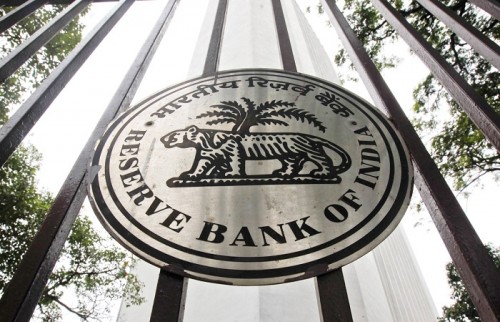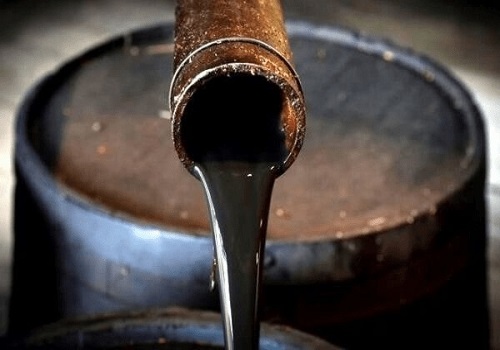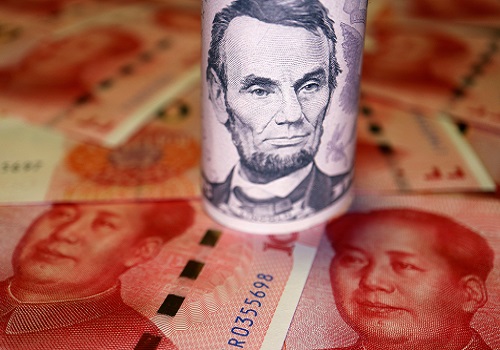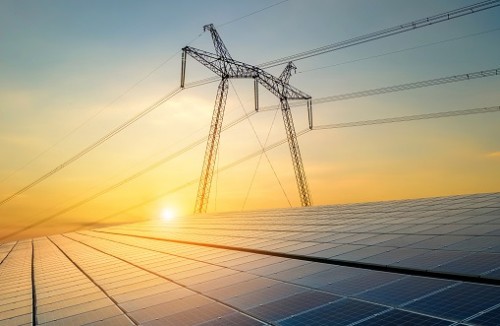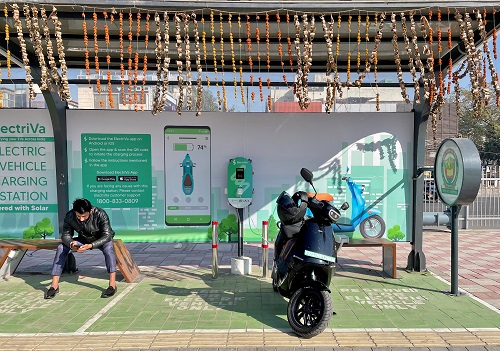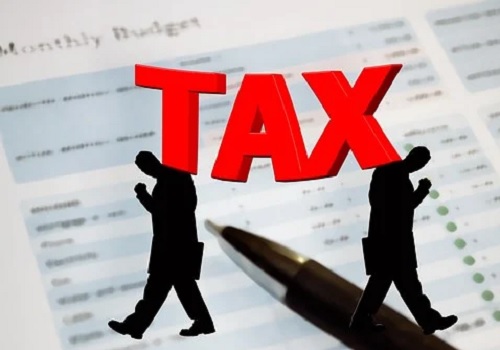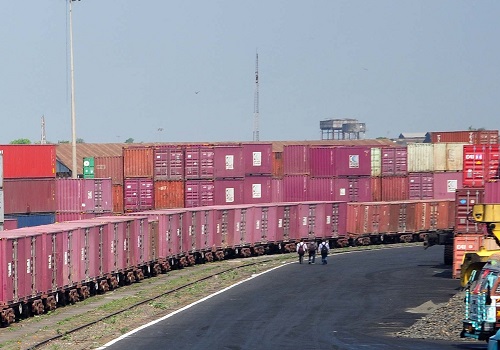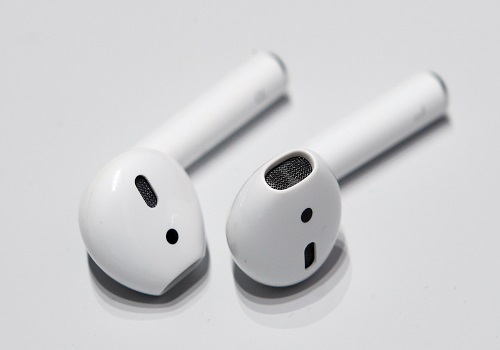Hindustan Unilever to provide free O2 concentrators in Delhi, Bengaluru
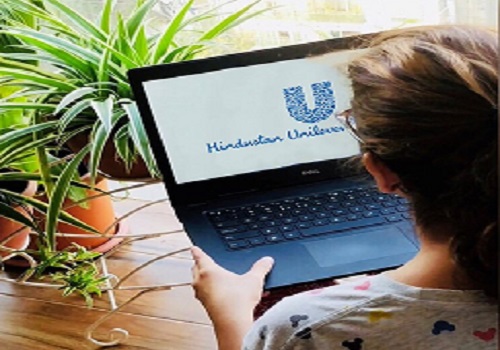
Follow us Now on Telegram ! Get daily 10 - 12 important updates on Business, Finance and Investment. Join our Telegram Channel
FMCG major Hindustan Unilever (HUL) has rolled out 'Mission HO2PE' to provide oxygen concentrators free of cost to Covid patients in New Delhi and Bengaluru.
According to the company, India is facing a severe shortage of oxygen (O2) concentrators as the healthcare system continues to grapple with the deadly second wave of Covid-19.
"Through Mission HO2PE, HUL has airlifted over 5,000 oxygen concentrators into India. HUL's partnership with KVN Foundation and Portea will provide access to oxygen for Covid-19 patients directly in their homes, thereby reducing the pressure on our healthcare infrastructure which is already under duress.
"In New Delhi and Bengaluru, patients and caregivers can request for an oxygen concentrator... Once the requirement is validated, the concentrator will be delivered to the patient's doorstep. A trained volunteer will also visit to help the patients and caregivers and assist them in managing the functions and operations of the oxygen concentrator," HUL said.
The programme will operate under a 'borrow-return-use' model.
"Post usage, the concentrators will be sanitised, serviced and provided to the next set of people who need them, thus ensuring the concentrators reach a maximum number of people and help save as many lives as possible," the company added.
Besides, the FMCG major said that Mission HO2PE is also being rolled out in other severely affected cities such as Kolkata, Lucknow, Chennai, Hyderabad, Chandigarh etc.
"HUL will also be donating concentrators to hospitals in nearly 20 locations across India," it said.
The company is also facilitating as well as covering the cost for vaccination of its 'outer core of around 300,000 people including those who work for suppliers, distributors as well as Shakti Ammas in rural areas'.












 320-x-100_uti_gold.jpg" alt="Advertisement">
320-x-100_uti_gold.jpg" alt="Advertisement">

